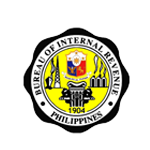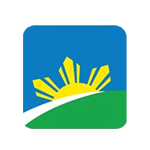PROJECTS
Learn more about our Projects!
GALICIA WATERSHED DEVELOPMENT PROJECT
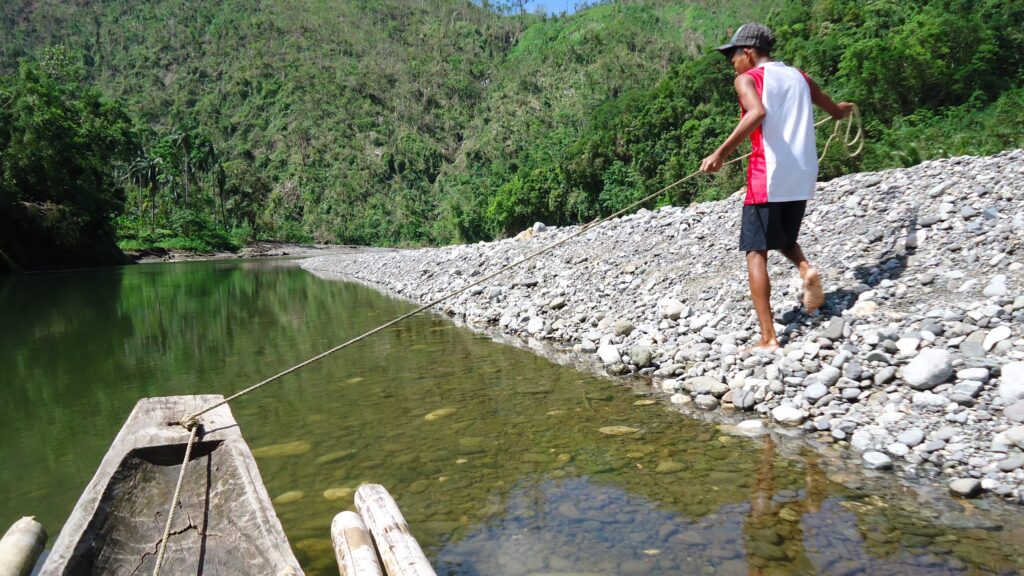
To quote scientist geographer John Wesley Powell, a watershed is “that area of land, a bounded hydrologic system, within which all living things are inextricably linked by their common water course and where, as humans settled, simple logic demanded that they become part of a community.”
The Galicia Watershed Project is located in the municipality of Madalag in the province of Aklan. Madalag is located in the southern part of the province, bordered on the east by the municipality of Balete, on the north by the municipalities of Malinao and Banga, on the south by the municipality of Libacao, and on the west by the province of Antique. It is approximately 33 kilometers from the provincial capital of Kalibo. Madalag is the largest municipality in the province, with a total land area of 26,960 hectares.
The watershed project has a land area of 150 hectares, allocated by the Department of Environment and Natural Resources, and comprising 5% of the Aklan River forest reserve. The Aklan River is the longest and largest of the five major river systems in the province, sustaining the agricultural productivity, tourism industry, and domestic needs of the province. The project has already covered 107.5 hectares, with 52.5 hectares left to be taken care of in the next two years.
One of the many by-products of a watershed is, of course, water, which is an essential commodity that man cannot do without. However, due to numerous factors including the recent typhoon that took a bite out of the progress already made, it has become evident that sustainable development and management of the watershed need to be employed.
THE PROJECT
Tree-parenting
We at Metro Kalibo Water District believe in not only making promises but seeing them through. Alongside tree-planting, tree-growing is also an important aspect of this project. Not many saplings that are planted grow to live out their lives. Although these plants may grow naturally, there are many factors that may hinder natural growth. Thus, we believe that the responsibility of the planters should extend towards nurturing the growth of every sapling. Through this tree-parenting technique, the planted trees will be monitored and their growth will be ensured.
Community
This project aims to protect the surrounding forest and the variety of flora and fauna species unique to the area as well as to rehabilitate denuded areas of the watershed to support water requirements for households and industries consumption.
Having an essentially agricultural economy, Madalag is home to farmers. Rice, corn, pineapple, camote, peanuts, and ube are among the crops grown. Fruit trees include lanzones, rambutan, and marang. Coconut trees and abaca are also found here, as well as narra, acacia, mahogany, buri, rattan, bamboo, nipa sap, and firewood, to name a few.
Another focus of the project is the containment and prevention of future soil erosion through intensive maintenance of the area and education of nearby residents. Although we are adamant in keeping a 24/7 survey of the area, we also believe in sharing our technical knowledge and any useful information should our limits be tested. This watershed is, of course, of great importance to the people who have lived a huge portion of their lives, if not their entire lives, within the area. Among other things, this is their home. The old adage goes, “Give a man a fish and you feed him for a day; teach a man to fish and you feed him for a lifetime.”
The immediate implementation of this project will thus increase water yield, minimize flood and soil erosion, boost agricultural productivity, protect coastal areas from environmental degradation, and hasten the economic prosperity of the province in general.
Ecotourism
It is also our desire to cultivate this reforestation advocacy into an ecotourism park in the hopes that it may become a source of livelihood for the farmers. Situated where the Timbaban River and Lacqwon Creek converge, the area is a strategic gateway to the rest of Madalag’s potential tourism spots. Future plans include providing access through two different routes, each going to separate trails. There is also the prospect of building a zip line and provisions for mountain hiking and climbing and river rafting.
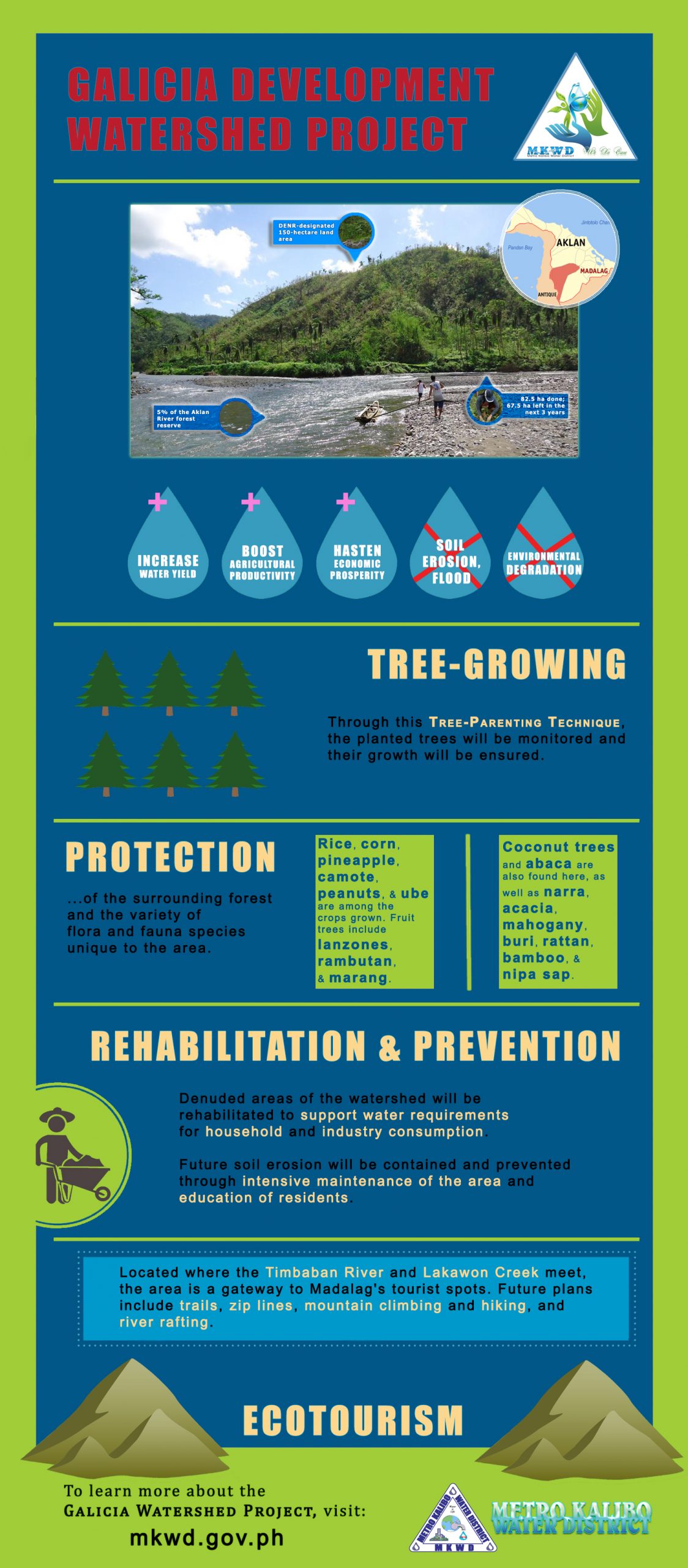
The Nutshell
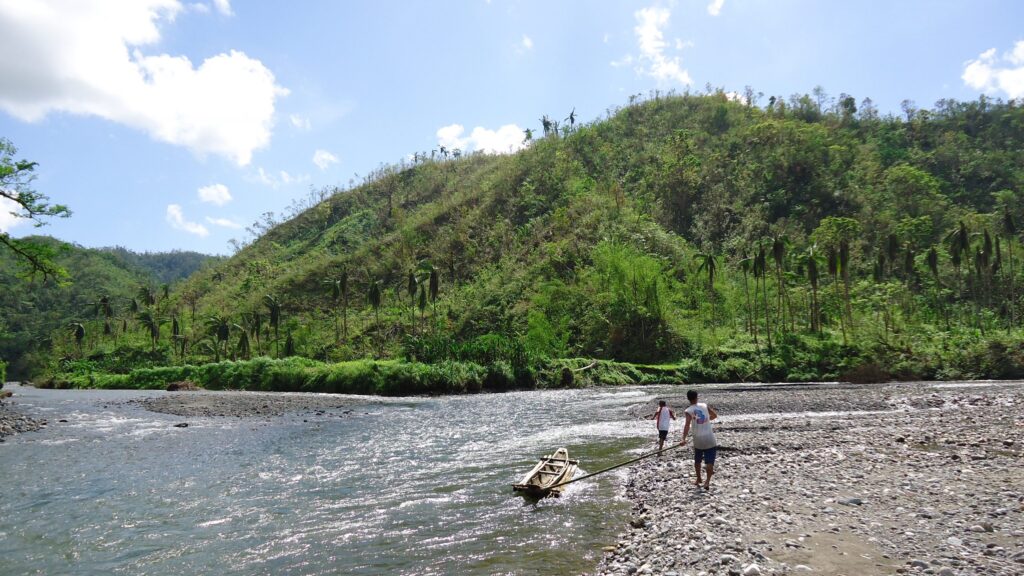
To sum up, the project plans to achieve an environmentally sound and sustainable land use directed towards the productivity of open and denuded areas while uplifting the socio-economic conditions of the residents in partnerships with the local communities, LGU, NGOs, POs, and NGAs for the protection, rehabilitation, and conservation of the watershed areas. It also aims to increase water yield and conserve the biological/genetic resources to enhance the ecotourism industry and boost the economic activities of the province.
For a long-term project to survive, it will need all the support it can get. We are hoping that your prestigious institution will be able to extend its hand in helping us ensure a brighter tomorrow for the people of Madalag and for Madalag itself, whether through a grant or a partnership.







